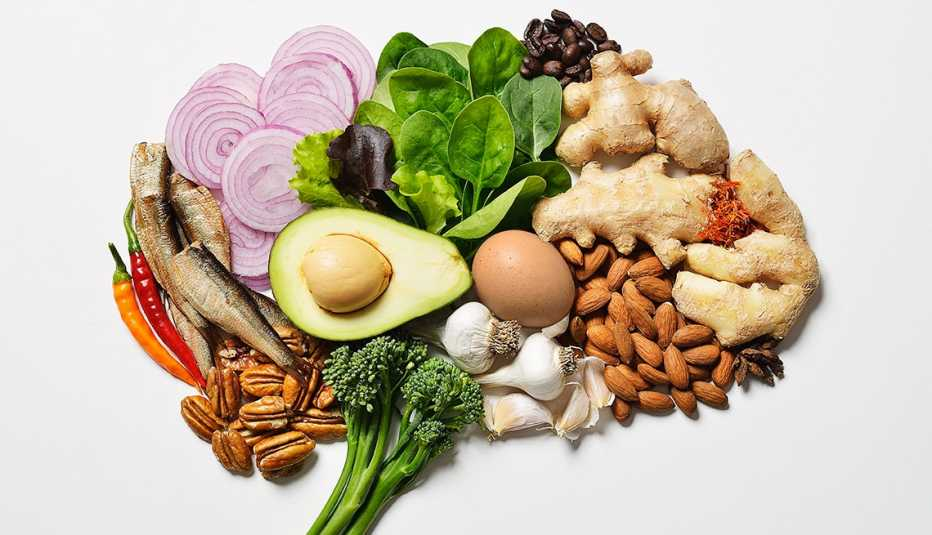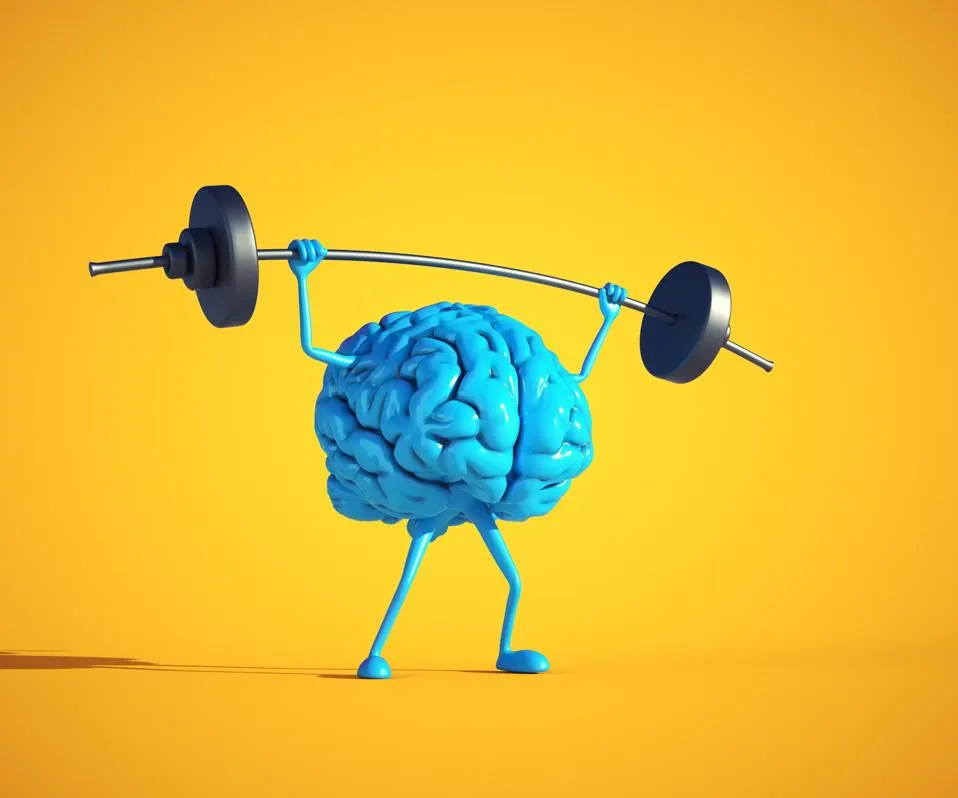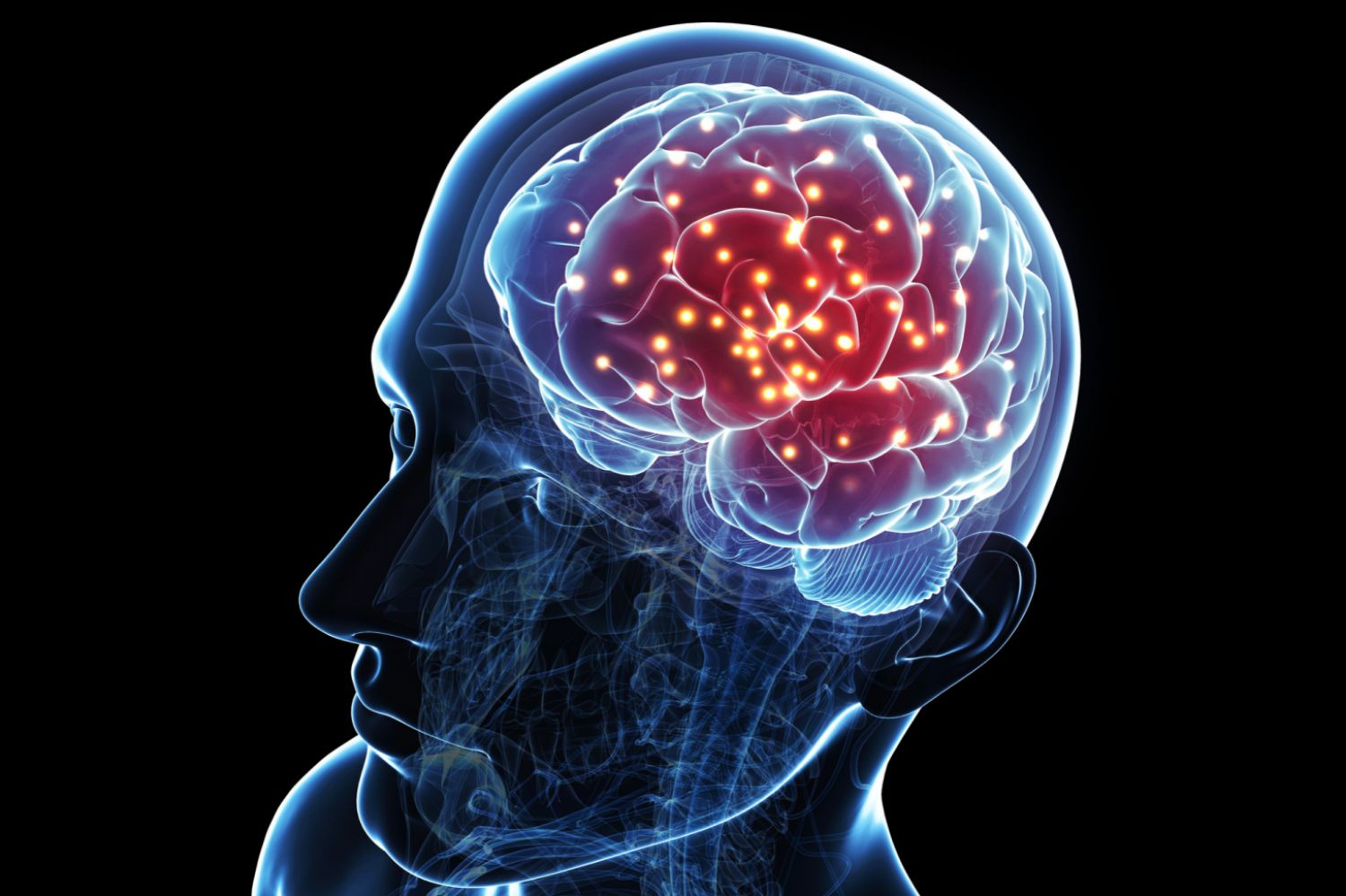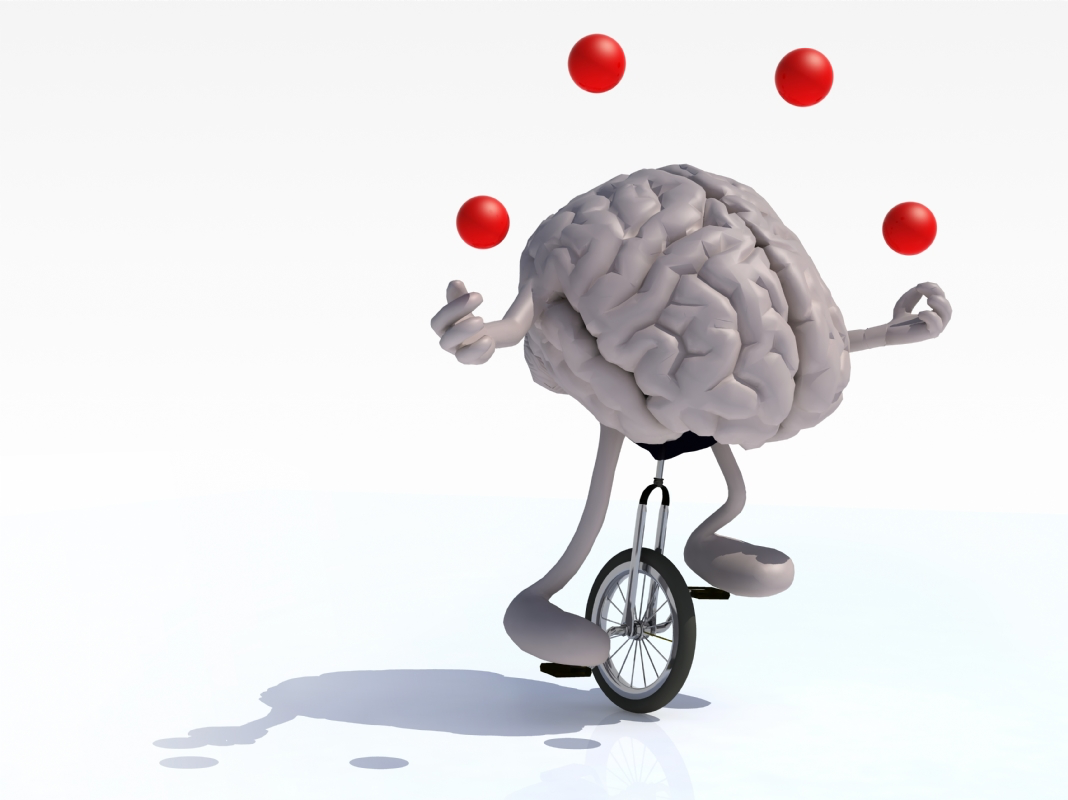
Mia Nacamulli’s intriguing TED-Ed presentation, “Your Brain on Food,” opened my eyes to the significant ways in which our diet influences brain health. The presentation explores how different nutrients, fats, and carbohydrates enhance brain function, fundamentally changing how I view my diet. Understanding the link between what we eat and how our brain works not only made sense but also transformed my approach to food.
As I started to apply these principles in my own life, I began seeing clear benefits. In this article, I’ll share the key lessons from the video, what I’ve learned about brain nutrition, and how you can boost your cognitive function by simply adjusting what’s on your plate.
Nutritional Composition of the Brain: What Fuels Cognitive Function?
Let’s start with a fundamental truth: although the brain makes up only about 2% of your body weight, it uses up to 20% of your total energy. For such a small organ, there is an immense demand for energy, and most of it comes from our diet. The brain depends on specific nutrients, fats, and glucose (derived from carbohydrates) to power its high activity levels.
The Role of Fats: Omega-3 and Omega-6 for Brain Health

The brain is primarily composed of fats, especially omega-3 and omega-6 fatty acids, which are essential for the development and maintenance of brain cells. These essential fatty acids cannot be produced by the body and must be obtained through the foods we eat. Sources include:
- Omega-3: Walnuts, chia seeds, flaxseeds, salmon, and mackerel.
- Omega-6: Soybean oil, sunflower oil, almonds, and cashews.
Consuming these healthy fats regularly supports brain structure and helps protect it from degenerative diseases.
Why Some Fats Are Dangerous for Brain Function
On the other hand, consuming too many saturated and trans fats can compromise brain function. These harmful fats are often found in processed foods, such as fried snacks, baked goods, and fast food. Over time, they can lead to cognitive decline. One of the first changes I made was cutting down on these bad fats, and I’ve noticed improvements in my energy levels and focus.
Proteins and Amino Acids: Building Blocks of Brain Messengers
Next, let’s talk about proteins and amino acids. These nutrients are not just important for muscle growth—they also play a crucial role in regulating mood, cognitive ability, and energy levels. After eating a meal rich in amino acids, you might feel a sense of calm. If you’ve had a meal high in proteins, you may feel more alert and focused. This happens because amino acids are the building blocks of neurotransmitters—the chemicals that transmit signals in the brain.
How Amino Acids Influence Mood and Cognitive Ability
Amino acids and proteins are vital for the production of neurotransmitters such as serotonin, dopamine, and norepinephrine, which affect mood, sleep, and even stress management. Based on this knowledge, I’ve started tailoring my meals to balance both proteins and carbohydrates, depending on the effect I want.
- For focus and alertness, I choose protein-rich foods like eggs, lean meats, and tofu.
- For a calming effect, I opt for a carbohydrate-heavy meal, such as quinoa or whole-grain pasta, which helps my body produce serotonin, a neurotransmitter associated with calmness and happiness.
The Importance of Micronutrients: Vitamins and Antioxidants for Brain Health
While proteins and fats take center stage, micronutrients—such as vitamins and minerals—are equally important for brain function. They are crucial for maintaining cognitive development, protecting the brain from disease, and preventing mental decline.
Key Micronutrients for Brain Function

Some of the most important micronutrients include:
- Vitamins B6, B12, and folic acid: These protect the brain from disease and mental decline. I’ve made sure to add more foods rich in these vitamins to my diet, such as eggs, leafy greens, and fortified cereals.
- Antioxidants: Found in fruits and vegetables, antioxidants protect the brain from free radicals that can damage brain cells. I now regularly include antioxidant-rich foods like berries and spinach in my meals.
- Trace minerals: Essential minerals like iron, copper, zinc, and sodium are crucial for cognitive development and the functioning of neurotransmitters. Foods like beans, nuts, and whole grains are now staples in my diet.
Carbohydrates: The Brain’s Primary Fuel Source
One of the most significant takeaways from Mia Nacamulli’s presentation was learning about the brain’s reliance on glucose, which is derived from carbohydrates. The brain runs almost entirely on glucose, making carbohydrates a critical part of any brain-healthy diet.
The Glycemic Index: How It Affects Mental Performance
Not all carbohydrates are created equal. The glycemic index (GI) measures how quickly carbohydrates break down and raise blood sugar levels. Foods with a high GI, such as white bread and sugary snacks, cause rapid spikes and dips in blood sugar, which can result in energy crashes and reduced attention span. In contrast, low-GI foods like oats, whole grains, and legumes provide a steady source of energy and help maintain focus throughout the day.
- High glycemic foods: White bread, sugary cereals, processed snacks—these can lead to quick energy boosts followed by crashes.
- Low glycemic foods: Whole grains, oats, quinoa, and legumes provide consistent energy for improved cognitive performance.
By switching to whole grains and limiting high-glycemic foods, I’ve been able to avoid midday energy slumps and maintain a more constant focus throughout the day.
How a Balanced Diet Enhances Cognitive Function

The most impactful lesson for me was learning that a balanced diet can directly affect mental performance, mood, and overall cognitive function. Eating a variety of nutrient-dense foods helps maintain neurotransmitter balance, supports emotional stability, and prevents mood swings.
Antioxidants and Cognitive Longevity
Antioxidants—found in foods like blueberries, broccoli, and dark chocolate—help protect the brain from oxidative stress caused by free radicals. Over time, oxidative stress can lead to cognitive decline, but a diet rich in antioxidants supports long-term brain health.
- I now regularly incorporate antioxidant-rich foods into my diet. Whether it’s adding blueberries to my morning smoothie or enjoying a square of dark chocolate in the afternoon, these small additions help keep my brain sharp for the long term.
Simple Adjustments I Made for Optimizing Brain Health
Since learning how food affects brain function, I’ve made several practical changes to optimize my diet for better cognitive performance. Here’s what I’ve done:
- Increased Omega-3 and Omega-6 intake: I now include more fatty fish like salmon in my meals and add flaxseeds to my smoothies.
- Balanced meals with proteins and healthy carbs: I ensure that my meals contain a good mix of proteins and low-glycemic carbohydrates to support neurotransmitter production.
- More micronutrients and antioxidants: I focus on eating more leafy greens, nuts, and berries, which are rich in vitamins and antioxidants.
- Choosing low-glycemic carbohydrates: I’ve replaced white bread and processed foods with whole grains, oats, and quinoa for steady energy and focus throughout the day.
Conclusion: How Your Diet Directly Impacts Your Brain Health
The foods we eat play a critical role in how our brain functions, our mood, and our cognitive performance. Mia Nacamulli’s TED-Ed presentation has completely transformed my understanding of how nutrition influences brain health. Small dietary changes—like increasing omega-3 fatty acids, switching to low-glycemic carbohydrates, and focusing on vitamins and antioxidants—can significantly improve mental performance and overall well-being.
By nourishing your brain with the right foods, you’re not only enhancing your cognitive abilities but also improving your quality of life. So the next time you sit down for a meal, remember that you’re feeding both your body and your brain.















